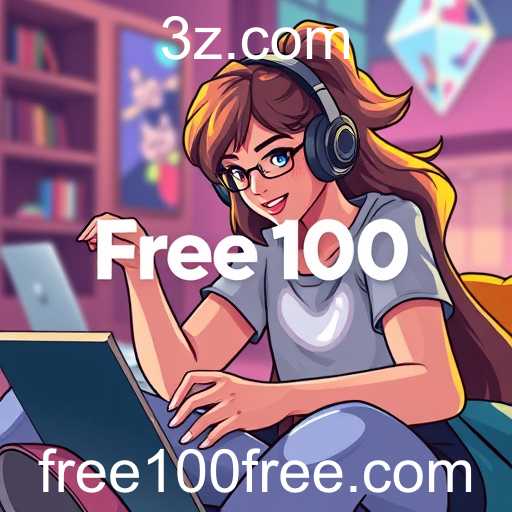In recent years, the landscape of education has undergone a significant transformation, largely driven by the growing availability of free online learning resources. As we navigate through the year 2025, platforms like 'Free100' have become pivotal in offering free, high-quality educational content accessible to learners worldwide.
The shift towards digital learning has been accelerated by a combination of technological advancements and a growing demand for flexible learning solutions. The COVID-19 pandemic, while devastating, acted as a catalyst pushing educational institutions and learners to adopt online methodologies. Websites like 'Free100' emerged during this period, utilizing innovative technology to democratize education.
With the internet becoming increasingly accessible globally, online platforms have broken down geographic and socio-economic barriers. Students from diverse backgrounds now have access to a wealth of knowledge, transcending traditional classroom limitations. This shift has empowered learners to pursue education at their own pace and according to their interests, thereby fostering a culture of lifelong learning.
The role of digital resources in complementing formal education cannot be overstated. Through interactive modules, video lectures, and real-time feedback systems, websites offering free content have become invaluable tools for both students and educators. Innovative educational strategies, including gamification and virtual reality, are now being integrated to enhance engagement and understanding, something that sites like 'Free100' actively exploit.
Critics, however, warn of the digital divide that still exists, where sections of the population lack access to the necessary technology or internet connection to benefit from these resources. Ongoing efforts are crucial to bridge this gap to ensure equitable education for all.
Looking forward, the trend of free and accessible education is expected to continue on an upward trajectory. Educational institutions, corporations, and governments are increasingly collaborating to create more inclusive and comprehensive digital learning environments. The success of platforms like 'Free100' illustrates the potential and necessity of innovation in education in addressing challenges faced by traditional educational systems.
The rise of free learning resources marks a new chapter in educational dynamics, characterized by accessibility, adaptability, and personalization. As we advance, it remains pivotal for stakeholders to foster an inclusive environment that addresses the needs of learners from all walks of life, ensuring that the benefits of education can be enjoyed universally.








